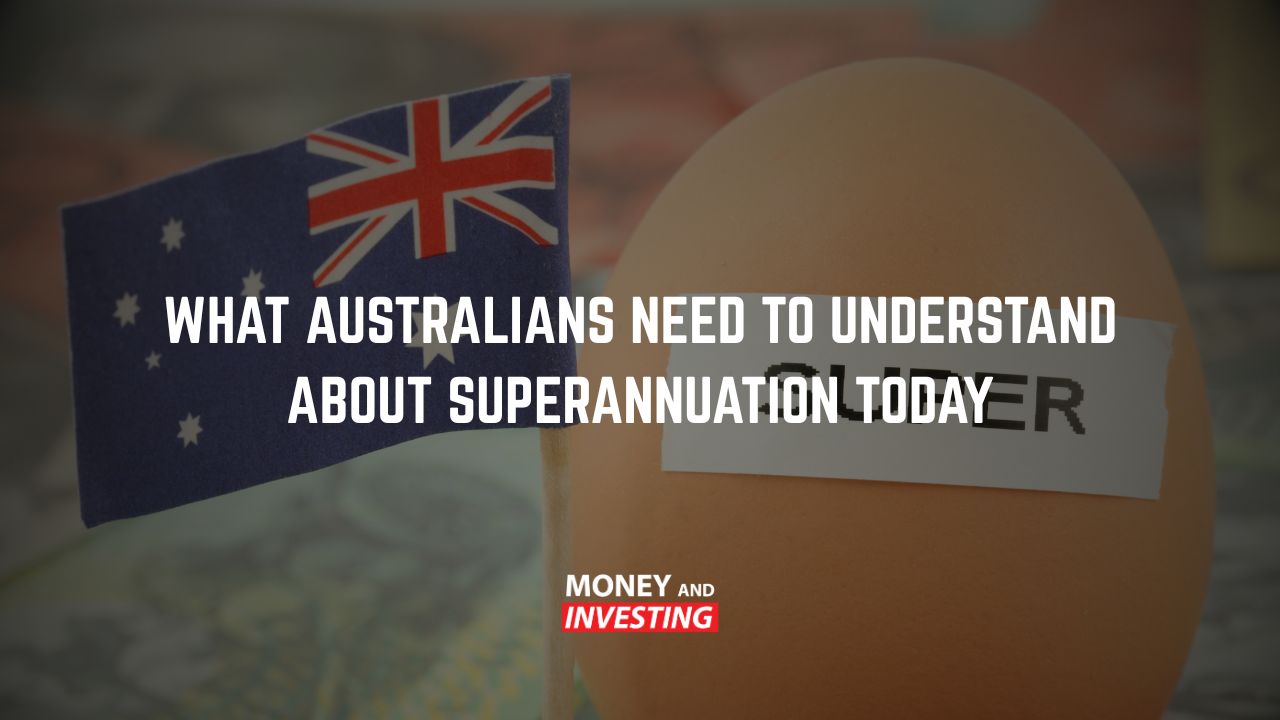Never before have our global economies become so interconnected. As the flow on effects of financial contagion, sovereign risks. And supply chain disruptions continue to dominate the headlines of our global economies. Here’s how globalisation effects our stock market:
What is Globalisation?
Put simply – globalisation is the interconnectedness of domestic economies to a more ‘global’ economy. Now due to the rise of globalisation. And what happens across the world offshore in one economy. And can have major consequences locally in another economy. As host Andrew Baxter says – this wasn’t always the case. Once upon a time here in Australia our main export was wool. And really our only trading partner was the UK. 50 or so years ago. Also, it was a narrow channel. And we didn’t really care what was going on elsewhere given it had no real impact on us. How times have changed, right?
Financial Contagion
A big part of our newly interconnected economies is the notion of financial contagion. Financial contagion, put simply, occurs when one financial event in one country has impacts on other countries. This is the ‘tidal wave’ effect that we see across various economies. With the primary example being the GFC in 2008. When US investment bank, Lehman Brothers, fell over. And couldn’t meet their debt obligations. This caused a massive flow-on effect in both international stock markets and housing markets.
A more recent worry that many investors have presently is the potential effect. That the Chinese megadeveloper, Evergrande. And could have on international markets. Responsible for 2% of the world’s second largest economy’s GDP as co-host Mitch Olarenshaw points out. And a potential fall over of a company so large could have dire effects for us here in Australia. A collapse of a megadeveloper like Evergrande would result in a slowdown in construction within China. To which steel production would drop. And the demand for iron ore to lessen as a result. Thus, your holdings in FMG, BHP and RIO in your Retail Superfund. And have lost value and your portfolio slammed. All from something that happened many many kilometres away.
Supply Chain Disruptions
The quality and length of a supply chain for a particular commodity has had major impacts across global markets. In particular, the addition of COVID-19 into the mix. And has stirred up some issues on the supply side as ports shut down and air freight slows. Also, not to mention hurricanes in the Gulf of Mexico. And wild weather across the world. All of these factors limit supply and when supply is limited – prices rally.
A prime example of this is the oil shortage throughout Europe. Punters in the UK are literally queuing up for hours at the bowser trying to grab what is left of their very little oil supply. What does this do for oil prices? Well, as of right now, they’re currently at an 8-year high trading for over US $80 a barrel.
Another example is thermal coal prices which are at their highest price point since 2008 for the simple reason. As host Andrew Baxter outlines, that China no longer has a stockpile to supply the Northern Hemisphere. As they head into the winter months. And Elongating the supply chain for one country causes prices to rise in other countries. As a prime example of globalisation.
Risk On vs. Risk Off
Think of risk like driving a car – there’s a big difference in driving through extreme rain. And hail versus driving through sunshine and rainbows. Economies have much the same change in terms of the risk of their environment. Also, which in turn effects stock markets globally across the world. During what Andrew Baxter calls ‘risk on’ times is when you’re hitting the brakes. To ensure you aren’t driving too quickly through tougher conditions. This typically would most likely mean parleying into more defensive businesses. Or dialling back your exposure altogether.
Conversely, when Andrew sees a market as ‘risk off’. This is an opportunity to load up. And gain exposure to a range of different stocks and sectors. Also, Every investor wants their alpha (AKA – outperformance). And albeit there are times when to gun for this. And times when to lay off a little. Right now. With so much going on in the world economically. We appear to be in a risk-on time. And is hence why Andrew is playing more defensive in the grocer, utilities. And healthcare space for his stock portfolio. Understanding global markets. And how volatility comes into play is crucial here.
Globalisation and Your Portfolio
Evidently, there is a lot to consider from a broad economic. And standpoint when so much is going on in the world. The effect of globalisation has truly exacerbated how our stock market reacts. To global news events and economic data. So, how do you position your portfolio. And digest all of this information? Well, having an understanding of fundamental analysis is crucial. And to be able to connect the dots. Secondly, understanding the notion of volatility. And the risk-on, risk-off method is paramount when considering your asset allocation. How do you learn about all of this? Reach out to Andrews team at Australian Investment Education for more.



